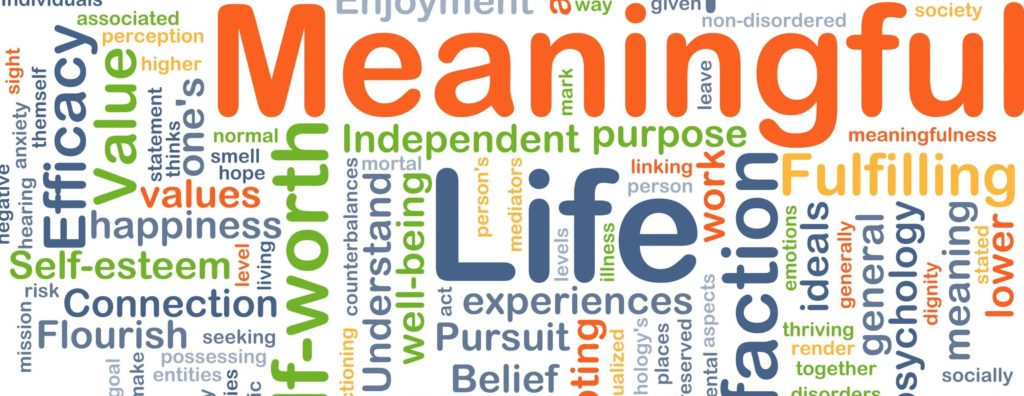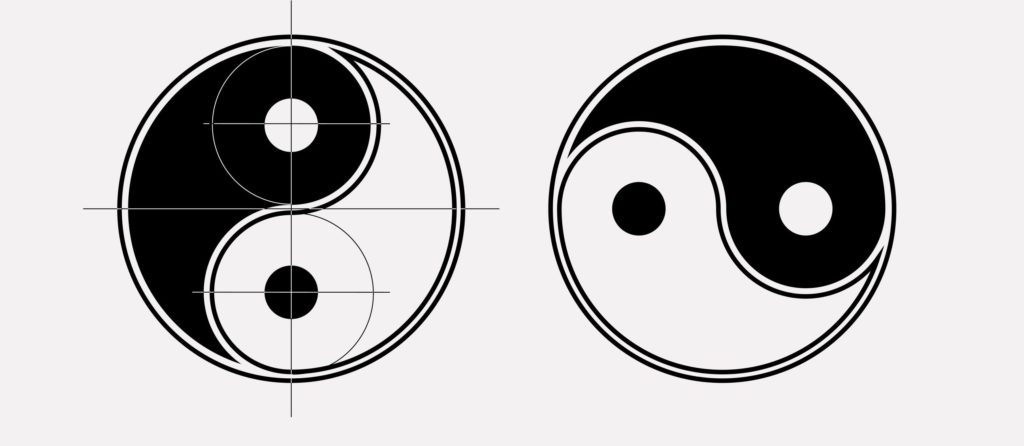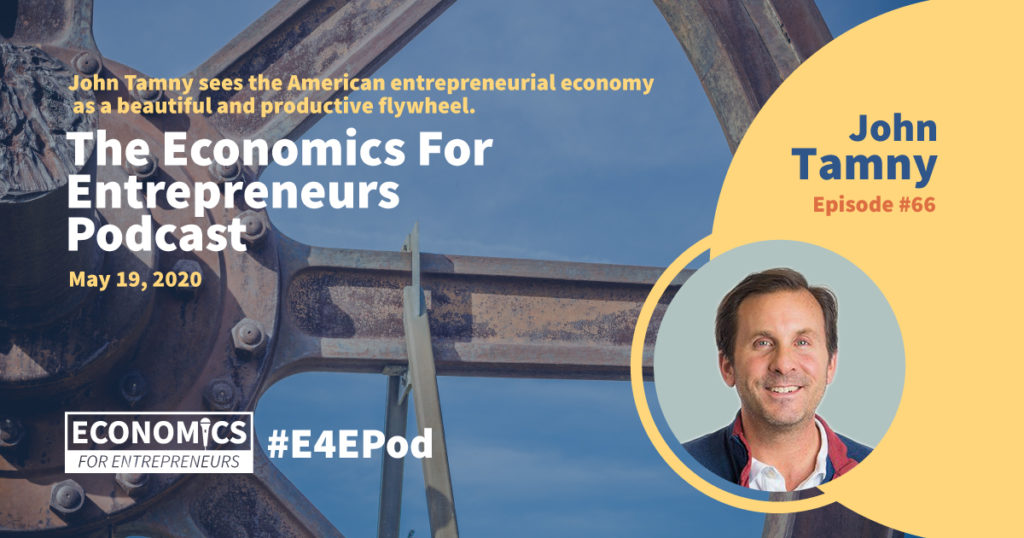Entrepreneurship Brings Us Optimism For The Future, Despite The Depredations Of Government.

Jeff Deist recently argued the case for economics over politics in his talk “Markets vs. Mobs.” I believe markets will prevail, and here’s why.
Our resource is not “science” but knowledge. It accumulates, perhaps at an exponential rate. Mises.org is one of the great consolidators of knowledge, attracting many more people than ever before (620,000 unique visitors per month, 1.5 million page views per month). If we can multiply those numbers by ten times we might start to make a dent in the universe.
Austrian or classical liberal knowledge has been associated with great advances in economics, higher average standards of living, and civilization, including enlightened government (Gladstone). But we don’t need to look backward; rather we need to market our ideas in a better fashion for the future. Jeff Deist talks about successful “2 percent movements.” With 6 million mises.org visitors per month, we’d be in 2 percent territory. We don’t need great men, just a great knowledge repository with great communication and sharing.
Mises and Huerta de Soto say that socialism is an intellectual error. That means it is correctable, via superior ideas and the right knowledge. So far, we have spent most of our efforts fighting in the wrong channels—academia and politics—where we have already lost. Business is a new channel to try. Technology may be another—blockchain is one area of technology associated with liberty and individual sovereignty, and complex systems theory is a modern update of spontaneous order. Gaming could be another (so-called agent-based simulations rely on individual freedom of action for their “agents”). All of these fields have quite well-developed libertarian groups embedded in them.
And I will continue to believe that Austrian entrepreneurship can be one of our best vehicles. Professor Per Bylund and others have established the idea of the ethic of entrepreneurship. Contemporary researchers indicate that a belief in free markets and entrepreneurship is associated with meaning in life. De Soto calls entrepreneurship the most intimate and essential characteristic of man: his ability to act creatively. Society thrives when individuals pursue entrepreneurial creativity. Entrepreneurs resolve social maladjustment.
The changes required in institutions can be created entrepreneurially. Connor Boyack provides examples in the institution of education, and Robert Luddy pursues the same goal with his private academies. Kartik Gada of ATOM sees a future where technology rather than people is the source of tax revenues, which will change the relationship between people and government.
Government (or what we call the state) is the great problem. But perhaps even that is vulnerable. In Eastern philosophy there is the concept of the eternal cycle, in which, when systems become overly bureaucratic or otherwise sclerotic, any crisis that comes along can result in a creative renewal that overturns the bureaucratic managers responsible for the sclerosis. Fund manager Mark Spitznagel refers to this in The Dao of Capital, using the analogy of the forest. When the forest floor becomes overgrown, and the wrong species have become dominant in the wrong parts of the forest, strangling new and creative growth, a crisis like a fire comes along, destroying the maladjusted species and the dead undergrowth, and releases the creativity of new growth among agile and adaptive species. In his analogy, the conifers wait patiently in the acid, rocky soils to which they have been pushed by the aggressive angiosperms, waiting patiently and adaptively for the fires that are sure to come:
For the conifers, their roundabout strategy allows them to withdraw to inhospitable places, all the while producing innumerable pine cones loaded with seeds that can be expediently dispersed by the wind to other remote areas, giving rise to a phalanx of patient, long-living warriors awaiting the next rout in the ongoing battle between conifers and angiosperms. While conifers growing on the rocks may appear to be nature’s outcasts, theirs is truly the false humility of the Daoist manipulator-sage. They withdraw to where others cannot go and then act when conditions suddenly shift and an opportune moment arises, such as after a wildfire….fire is friend, not foe, to the patient conifer.
Spitznagel’s analogy should give us confidence in the economic future of the West, despite the depredations of the state.
This article first appeared at mises.org.







Responses